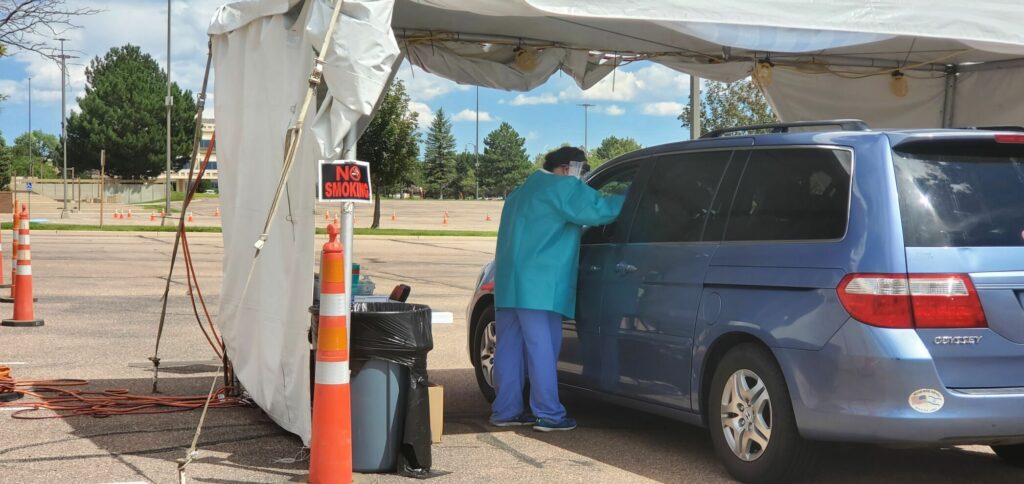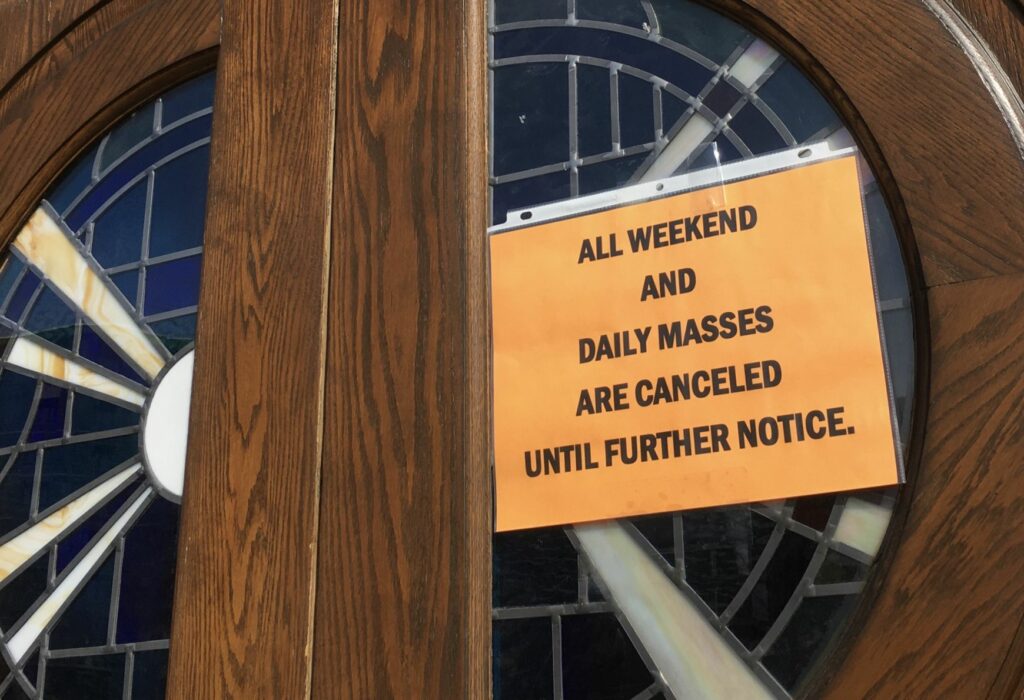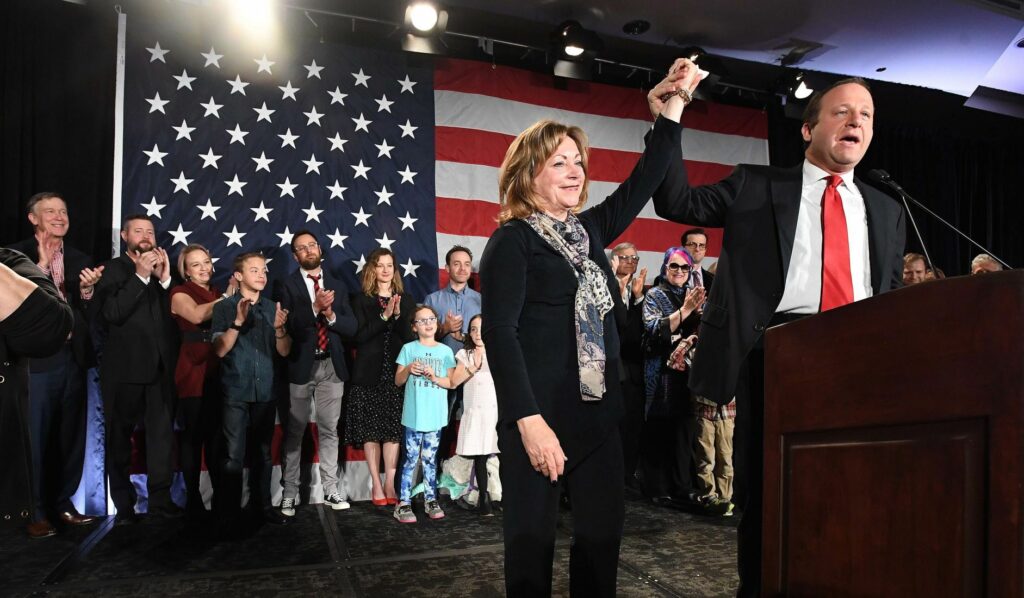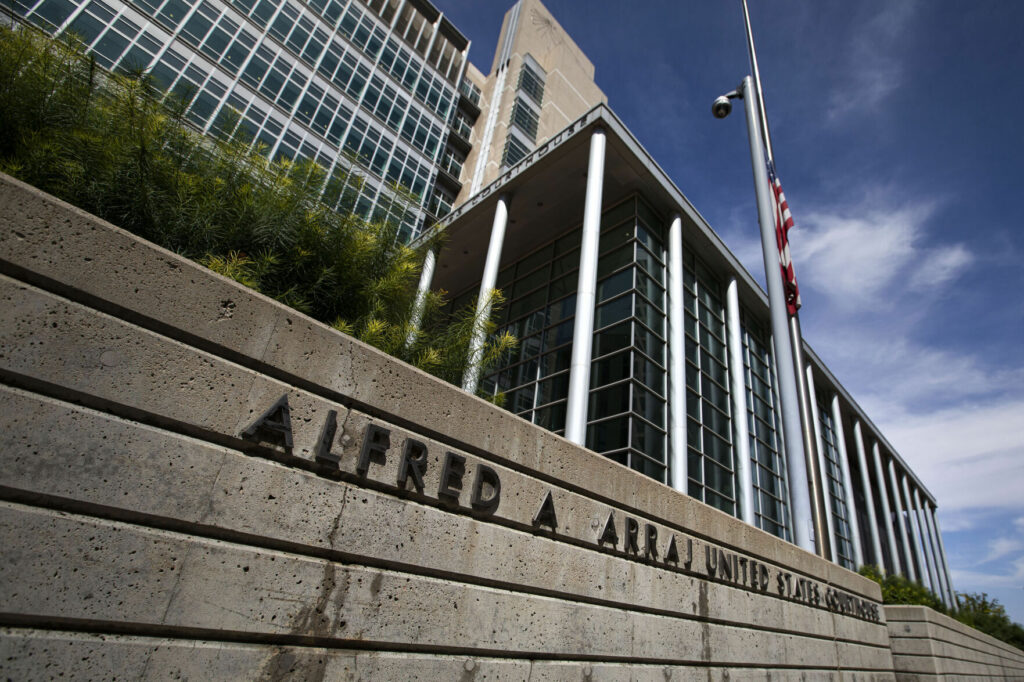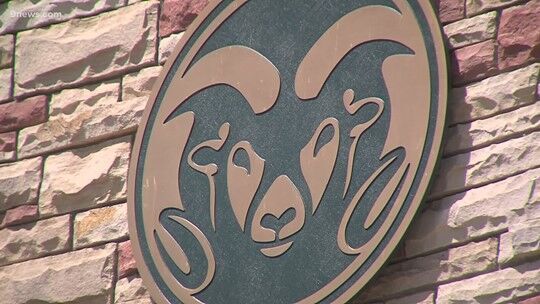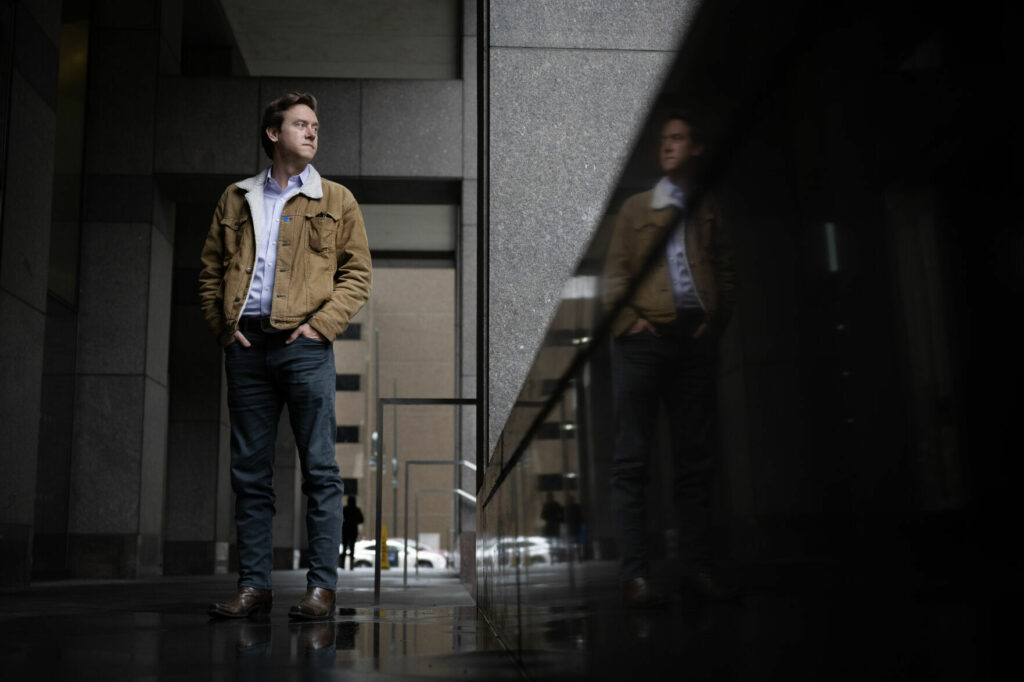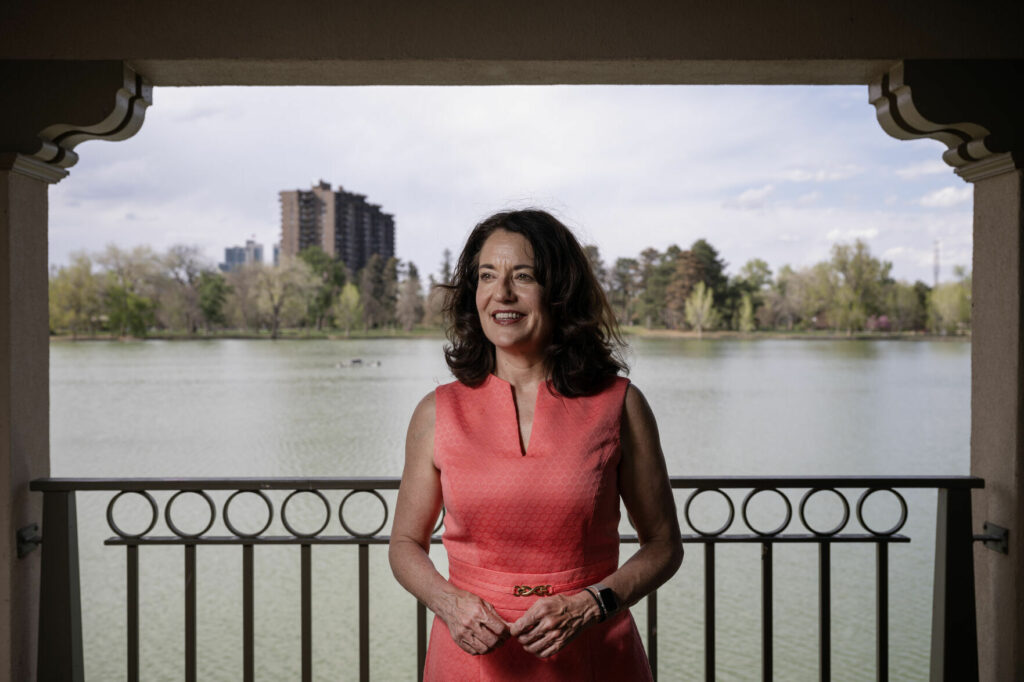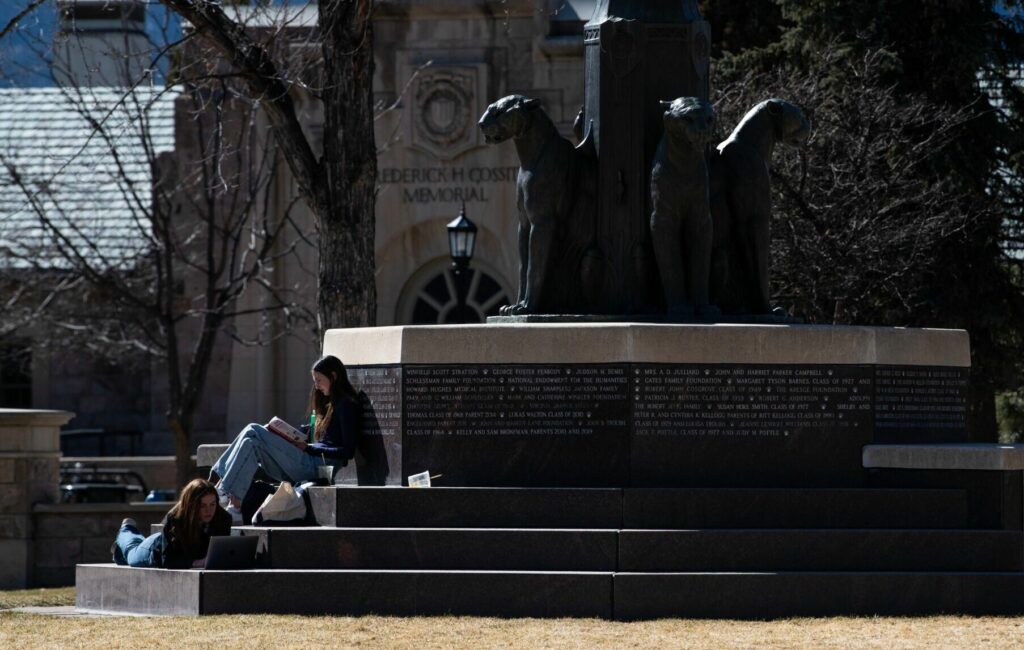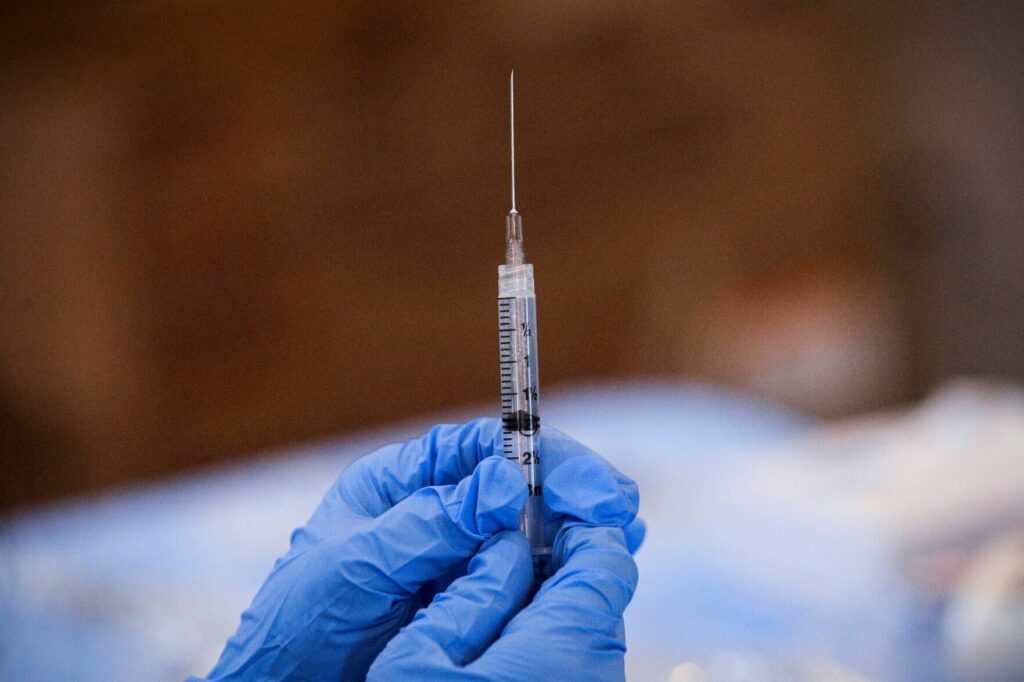Gov. Jared Polis lays out COVID-19 testing goals for May
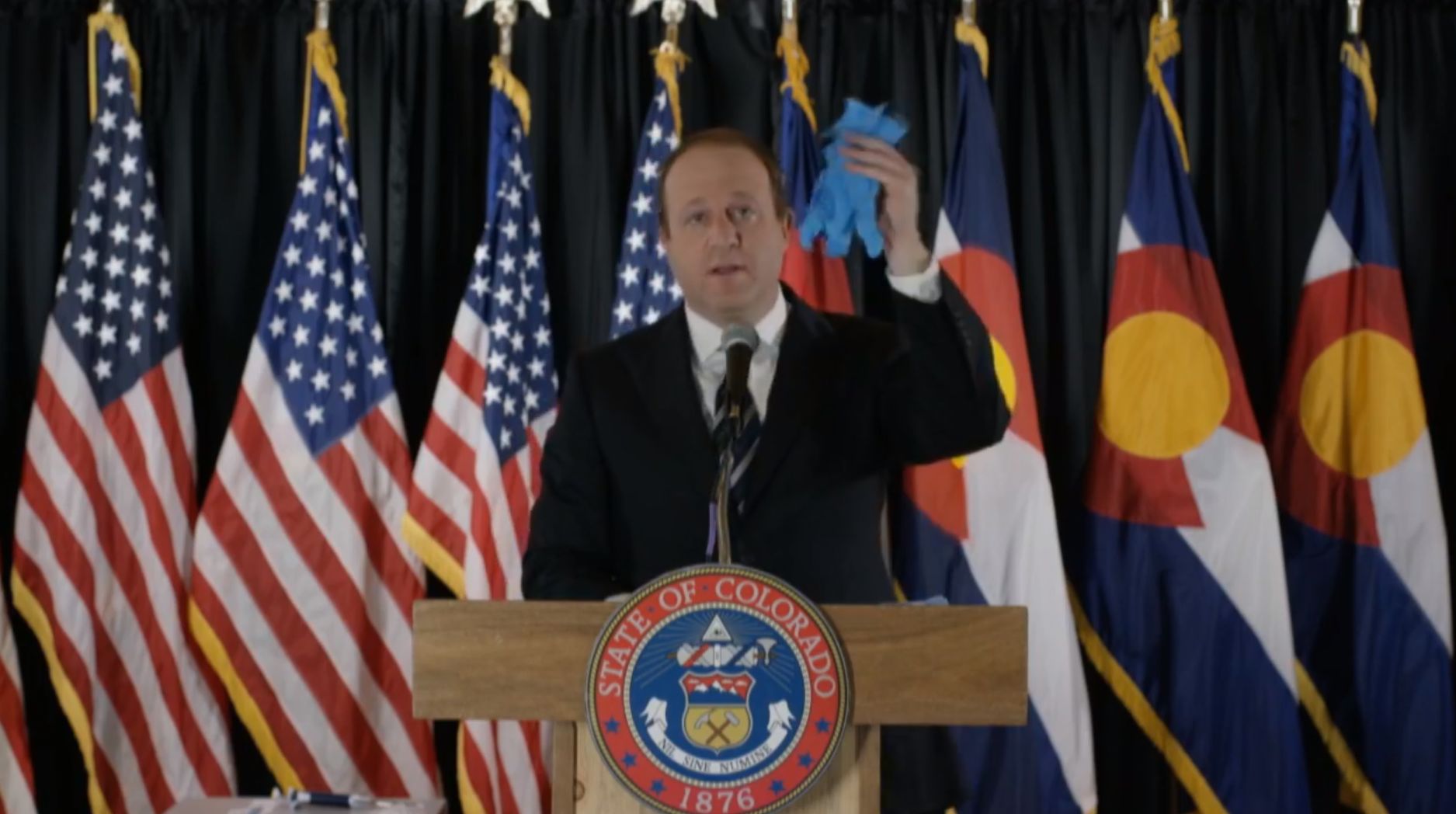
Gov. Jared Polis on Wednesday said he hopes to see testing ramped up significantly in May, with perhaps up to 10,000 tests per day by month’s end.
But that’s a hopeful goal, and it will all depend on whether the state gets all the supplies it needs.
Polis said the state expects to have around 195,000 test kits by the end of May, as well as extraction and reagents to handle the tests. That applies to nasal swabs, not the blood tests that check for antibodies produced by those who have had COVID-19. Polis said the antibody tests have not been quite as reliable, but are useful for epidemiological purposes. Polis explained that the state’s largest public universities – Colorado State University and the University of Colorado – are developing their own antibody tests and putting them into clinical use, as well as research on the use of antibody testing.
He also pointed to a symptom tracker that more than 1,000 Coloradans have already used – cosymptomtracker.com – that will help the state identify hot spots earlier, provide direct referral to testing sites and easier and quicker contact tracing.
As to the testing itself, Polis said that those getting tested now are symptomatic Coloradans, including healthcare, hospital and nursing home patients and workers in outbreaks, and symptomatic workers at senior care facilities. Beginning May 15, that will expand to include those who are asymptomatic at senior care and other healthcare facilities and residents, and any symptomatic person who wants a test. Also in that testing schedule: more people experiencing homelessness.
For non-hospital health care facilities, including nursing homes, the goal is to run 45,000 tests on their workers during May and June, and to provide weekly supplies of personal protecting equipment, including 85,000 masks, 388,000 gloves and almost 8,000 gowns.
Four facilities that had not previously reported an outbreak have now been tested, and out of 1,171 total tests, 99 people tested positive, including 555 who were symptomatic and 33 who weren’t.
Ramping up testing means more sites across the state. Healthcare settings and private partners – Children’s Hospital, Denver Health, Centura, Kaiser and commercial labs – have been doing testing for some time. Growing the capacity means more mobile sites and more test kits for public health agencies. Polis said 51 counties have requested a testing site; 34 have so far been approved.
At one testing site in Weld County, 882 people were tested, with 124 positive results. About two-thirds were symptomatic, according to Polis.
When the crisis began two months ago, the state could only do about 160 tests per day, “which seemed like a lifetime ago,” Polis said. Processing problems and lack of staffing meant delays in reporting results, but the state lab is now reporting results within a 24-hour turnaround, he explained. The state lab is now running 3,000 tests per day and hopes to be around 8,500 by mid-May.
The good news of the day, Polis said, is that the state has likely passed its peak for ICU bed need, which he said took place on April 21. That’s due to Coloradans who stayed home for 32 days and engaged in social distancing, wearing masks and washing their hands frequently.
As Colorado moves into its “safer at home” phase, Polis said, those who continue to practice social distancing and the other measures will help the state make progress in its fight against COVID-19.
Polis also addressed the continued outbreak at the JBS meat-packing plant in Greeley. This week, President Donald Trump ordered all meat-packing plants to continue operating, even those with serious outbreaks.
“I look forward to examining that federal order with a fine-toothed comb,” Polis said, adding that that he told Vice President Mike Pence and Secretary of Agriculture Sonny Perdue that if the expectation is to protect the national food supply, it needs to be accompanied with a specific testing requirement.
JBS and Pence both committed to testing all workers at the JBS plant but failed to do so before the plant reopened last Friday. As of Wednesday, JBS has had 245 employees who tested positive and five deaths.
“I will not let an executive order stand in the way of protecting people in Colorado and the reliability of the food supply,” Polis said.
In a statement to Colorado Politics after the news conference, Polis spokesman Conor Cahill said “There is currently a process for local governments to apply for a variance from the Safer at Home order. Weld county has not applied. Playing politics in a pandemic is perilous and when these officials send mixed messages to businesses it creates a great risk to residents,” Cahill said.
Polis called Weld County officials “reckless in their rhetoric” but noted they had taken no official action to defy the state’s “safer at home” order.
As to JBS, the original plan was to close the plant for four days in orders to test all employees, Cahill said. After the initial testing was completed, it was clear from the high percentage of tests that four days was not enough. The company agreed to an extended closure of up to 16 days, to allow the company time to put into place follow-up screening and testing before allowing employees back to work.
JBS hired industrial hygienists to work with Weld County Department of Public Health and Environment, the Colorado Department of Public Health and Environment, the CDC and the National Institute for Occupational Safety and Health on a reopening plan. “Given the extent of community transmission in Weld County and at JBS, the state then set up a community testing site near the plant to ensure not just workers, but worker families and community members could be tested.” During a five-day period, 878 people were tested at that site, including 156 JBS employees. Any positive tests received followup from Weld County public health or the CDPHE and directed to isolate for 10 days, Cahill said.



